Does Your Cat Have Anxiety?
Anxiety is not only a human feeling, many cats have personalities that are prone to anxiety and stress. Managing cat anxiety is important as it is a serious problem and does not only cause extreme emotional stress, but can cause a number of medical issues as well.
While common in our feline friends, anxiety is often overlooked and attributed to “cats just being cats”. Does your cat suffer from anxiety? Keep reading and learn more about what’s going on with your companion and how you can help them!
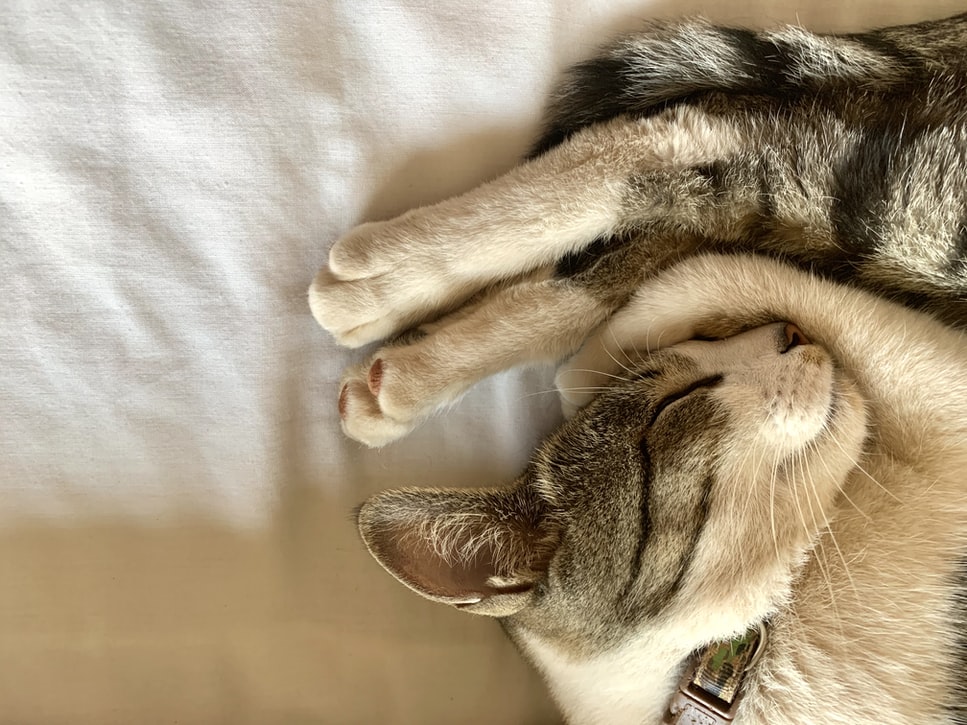
Cat Anxiety Explained
Anxiety occurs when your cat is anticipating a potential danger or threat. Even though there is no actual threat, this perception still causes a physical and behavioural response.
Much like humans, Cat anxiety can manifest in a myriad of ways. A phobia is a persistent and excessive fear of a specific stimulus, fear is the instinctive feeling of apprehension resulting from a situation, person or object where anxiety is the anticipation of future dangers from unknown or non-existent origins that result in typical reactions of fear.
The important distinction, however, is that anxiety is an ongoing condition that can rarely be avoided, where fears and phobias can. Cat anxiety triggers are also difficult to detect, where fears and phobia triggers can be spotted.
Cat may develop anxiety for a number of reasons and are often in response to a traumatic event or specific stimulus. These often stem from changes in their environment, from moving to a new home, redecorating or renovating, introducing a new pet or family member and even nearby constructions noise.
Cat will generally display signs of stress between 5 months and a year of age, but anxiety can develop at any age, and will worsen over time if left untreated and managed.
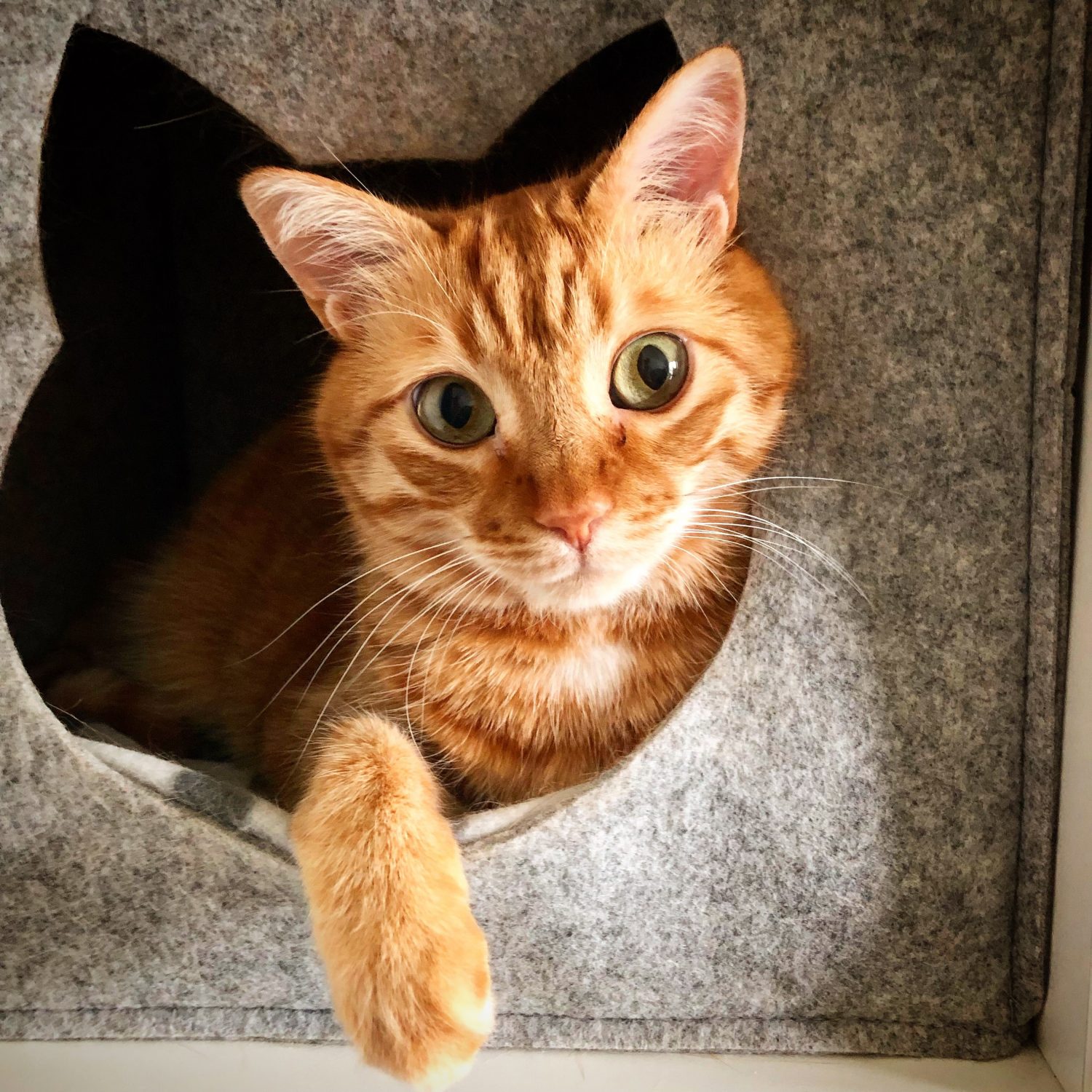
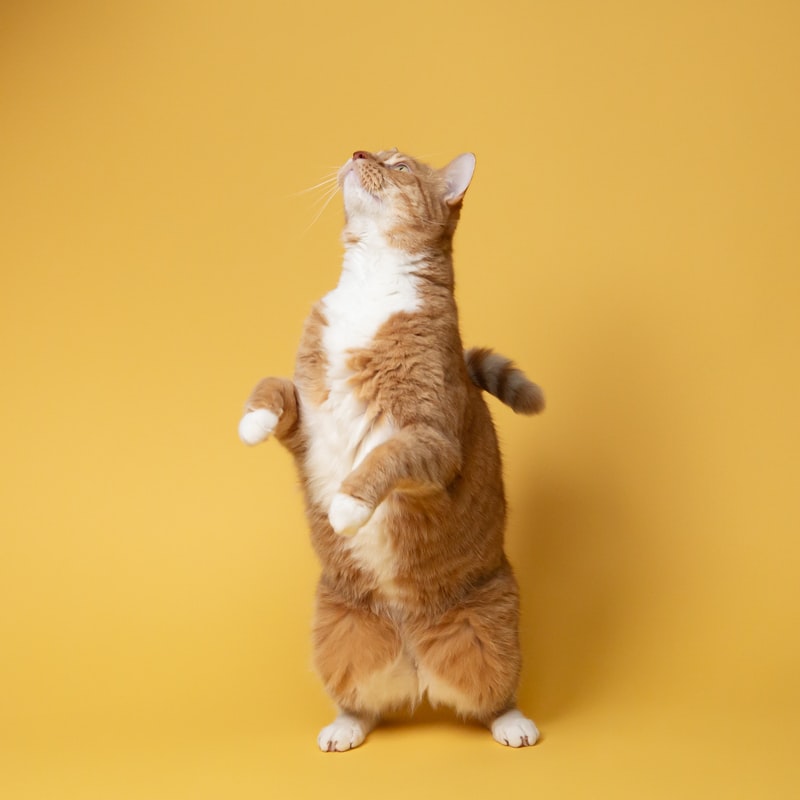
Signs Your Cat Has Anxiety
Anxiety manifests in a number, ranging to subtle signs to more obvious symptoms. Keeping a close eye on your companion and watching for any changes in their behaviour, especially after changes in their environment is a good way to track their stress, triggers and anxiety.
Common anxiety signs are:
- Excessive grooming that leads to hair loss
- Urinating outside of the litter box
- Aggression and territorial behaviour
- Holding their tail and ears against their body
- Hiding and trying to escape
- Restlessness
- Increased vocalisation
- Hair standing up
Sever anxiety that is not properly managed can also lead to a number of medical conditions such as Feline Lower Urinary Tract Disease (FLUTD) and Upper Respiratory Infections (URIs). As a result cat owners may notice related symptoms such as difficulty urinating, increased frequency of urinating, sneezing, congestion and discharge.
Does your feline friend suffer from reoccurring medical issues? You and your veterinarian should consider anxiety as an underlying stressor.
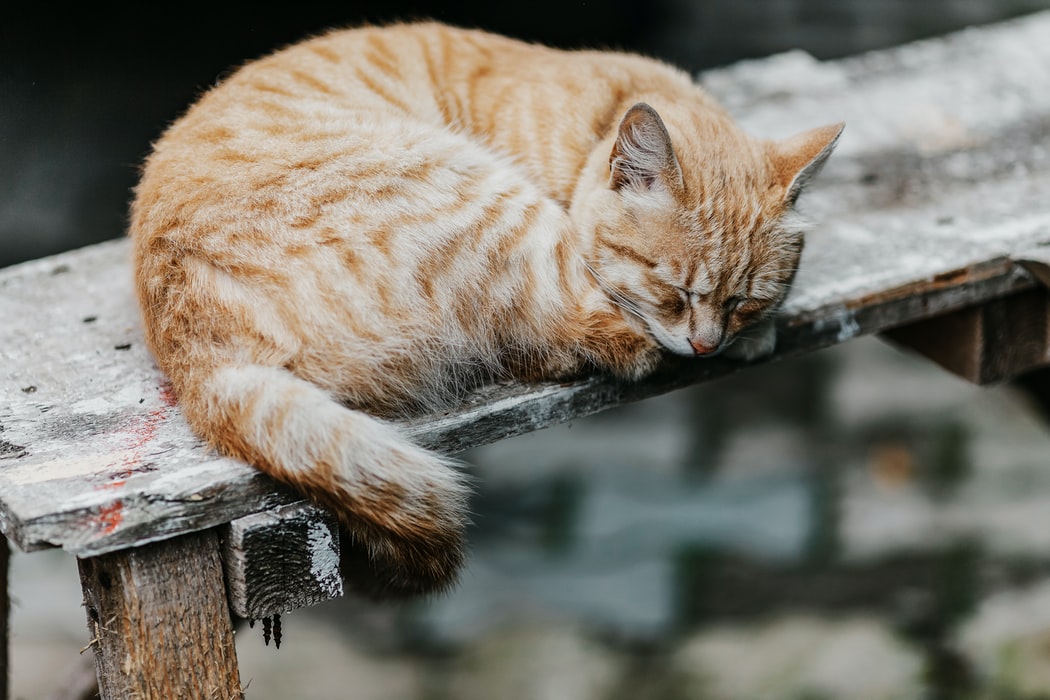
Managing Cat Anxiety
It is important to pinpoint the specific source of your cat’s anxiety so that you can remove the stressor from their surroundings or reduce its effects as much as possible.
The best way to treat most cases of anxiety is a multi-modal approach that combines behavioural modification techniques. Paying close attention to your cat’s behaviour throughout the day, noting when they display the most symptoms and anxiety and identifying any recent changes to the environment help to identify potential triggers.
Successful treatment plans require patience, consistency and commitment as it can take several months to help them overcome their anxiety or reduce it to a manageable level.
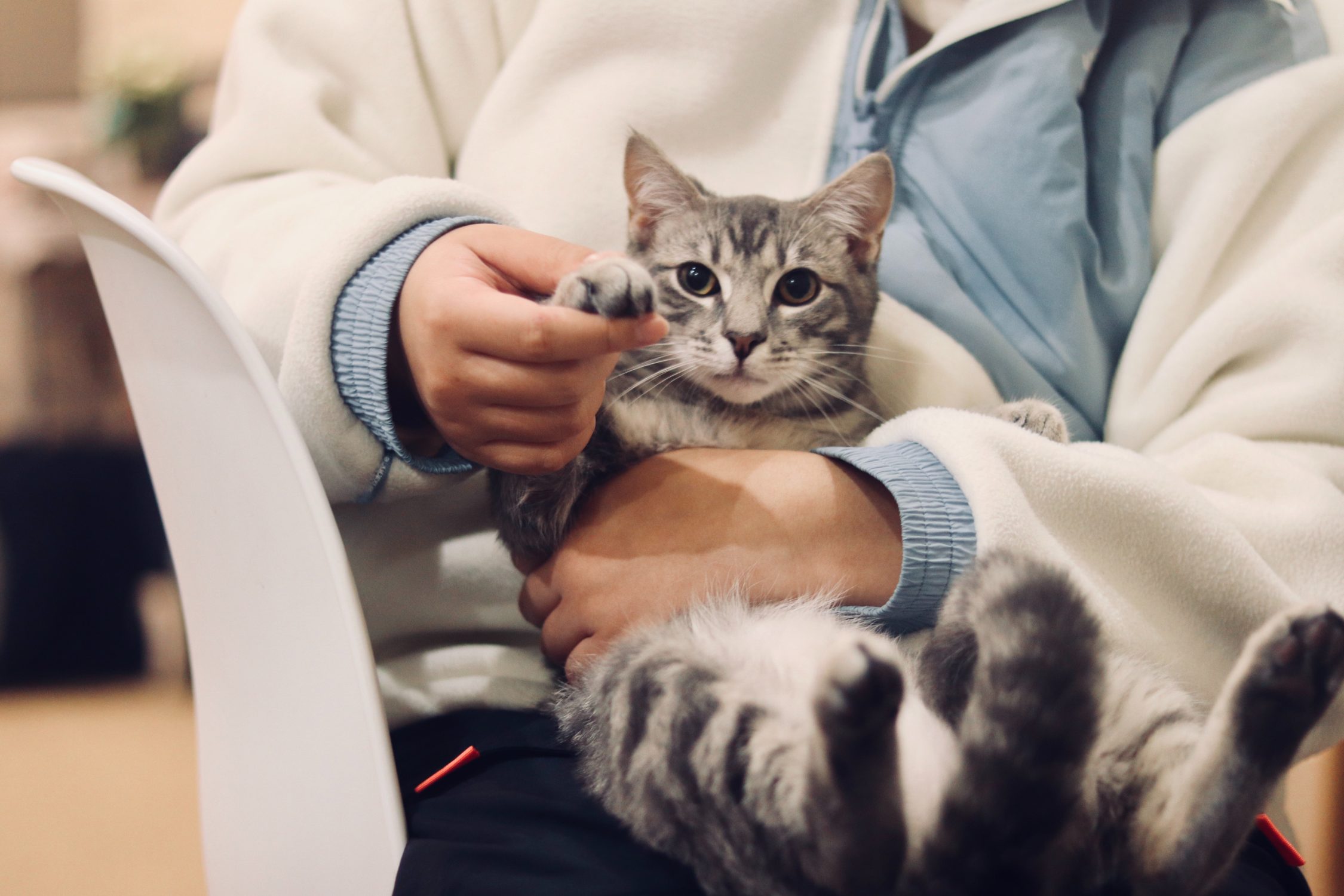
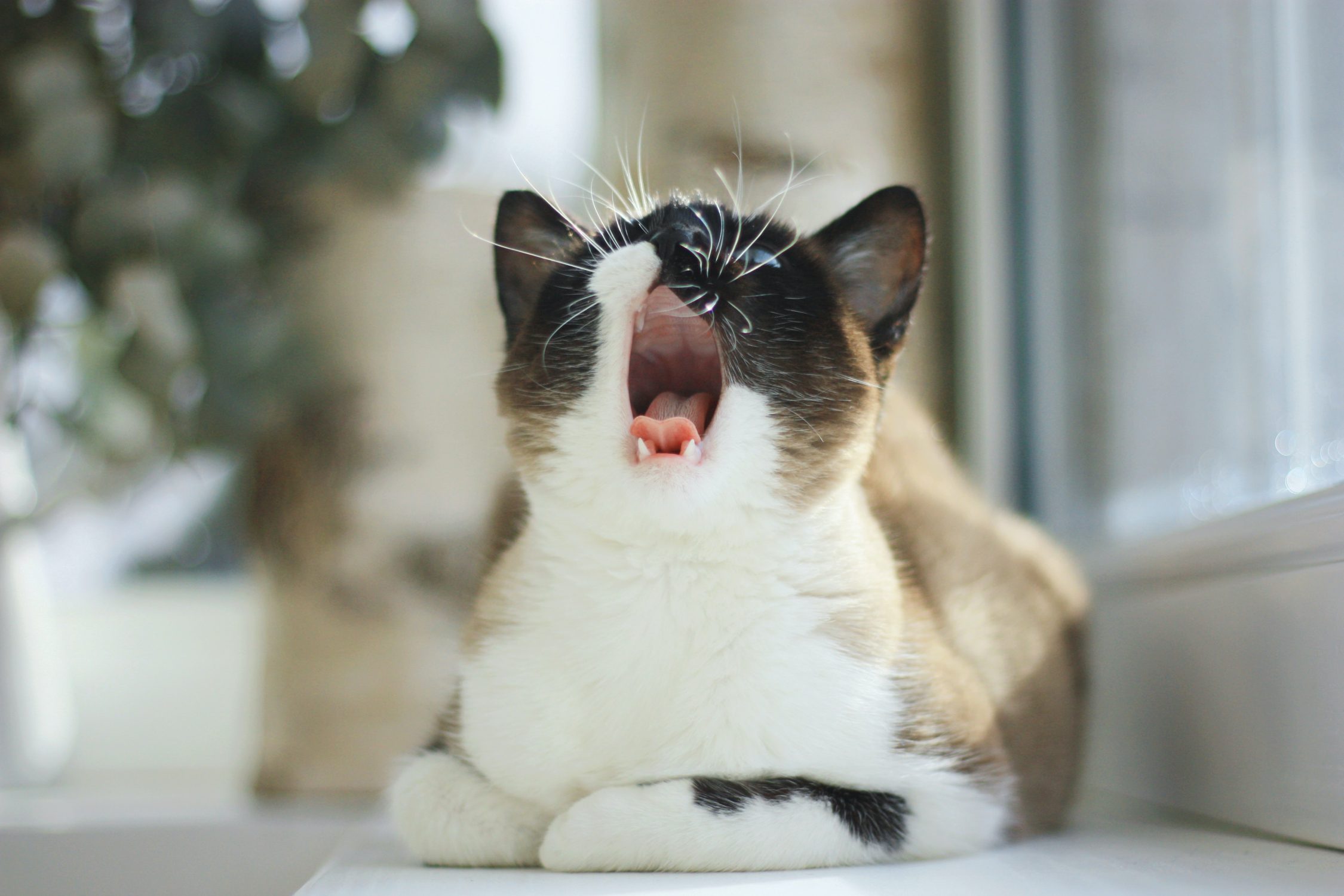
Create a Safe Space
Not only does this work for fears and phobias, but creating a space for your cat to escape too gives them an opportunity to calm down and return when they are ready. Safe spaces include cat trees, window perches, an enclosed space and separate rooms with a cozy bed.
Playtime and Enrichment
While play and enrichment is good for physical health, they also work to improve mental health and reduce stress. This helps to distract them for anxiety triggers, and is a way to bond and create trust between you and your companion.
Stick to a Routine
Cats strive off of routine, and any changes in this can cause anxiety and stress. By ensuring they receive food and water at the same time every day helps to reduce this. For changes in routine that are required, it is recommended that you ease your cat into a new routine, to help minimise stress and get them used to new changes.
Improve Litter Box Experience
Cats are fastidious creatures and do not like to share or use dirty litter boxes. Ensuring their litter box is cleaned often and they have their own litter box is key to minimising unnecessary stress and anxiety. Many professionals recommend that each chat have their own litter box, plus one extra.
Offer Natural Anxiety Relief
Another anxiety management option is to use scent and natural remedies to relieve some of your kitty’s anxiety. By mimicking your cat’s ‘happy’ pheromones these natural remedies help ease tension related to territorial and environmental stress. However, it is crucial to do your research as a number of essential are extremely toxic to cats and can cause serious health problems – doing more harm than good.
Visit The Vet
Sometimes the best chance at helping your feline friend is to talk to your vet about a prescription of cat anxiety medication. This can be short term or long term prescriptions. By working with your vet, you can determine the best course of action to ensuring your cat is happy, healthy and comfortable.
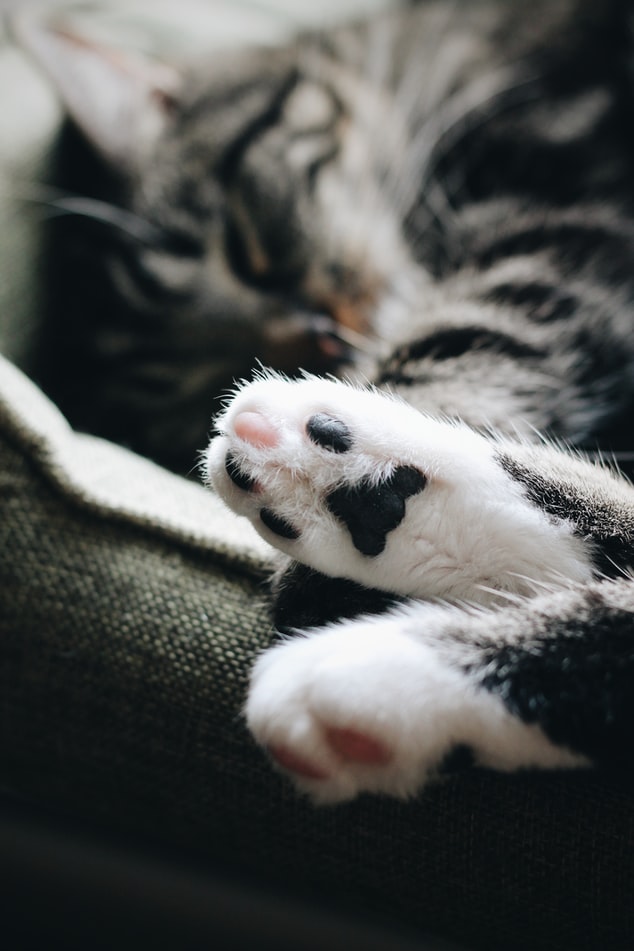
Have A Happy Cat
Anxiety is a natural response to a variety of situations and stimuli, but can become debilitating for your cat. This leads to a poor quality of life, worsening or causing medical issues. As such, it is important to watch out for the signs of anxiety and consult your veterinarian for treatment as soon as possible.
At The House Call Vet, we are dedicated to the happiness and health of your pets. Do you have questions about cat anxiety and other pet health concerns? The staff and veterinarians of The House Call Vet are here to support the health and happiness of your pet family! Get in touch today and we are happy to help!
Standard Clinic Consult are from 8am to 6pm and our House Call Consults are from 7 am to midnight. Open 7 days a week, we are there for you and your pet, no matter what level of care they need.

